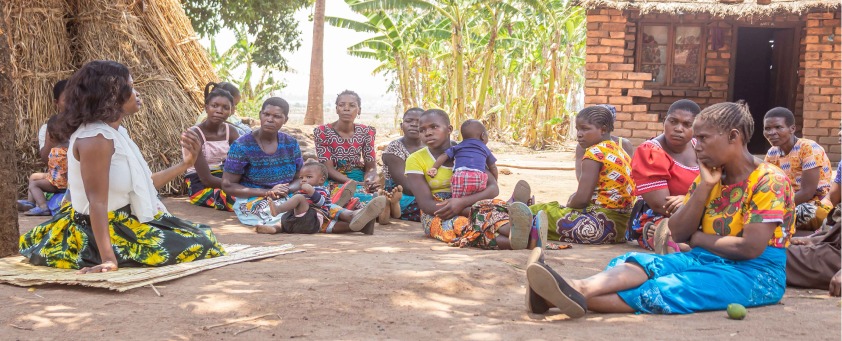"Passing on the kindness is transforming communities in Malawi."
Free healthcare in rural villages including menstrual hygiene education, cervical cancer screenings, and palliative care.
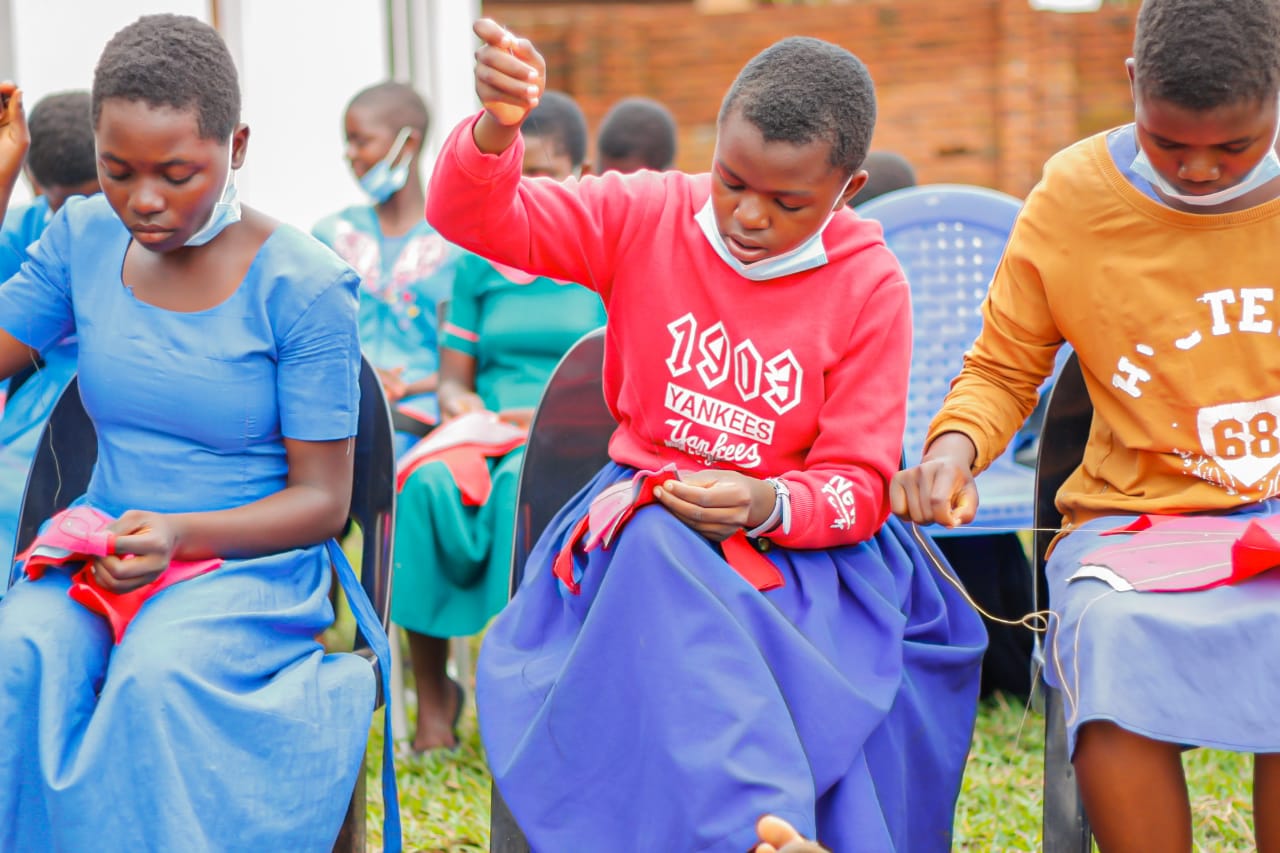
Teen pregnancy is one of the main reasons girls will drop out of school; so we partner with village chiefs to conduct sex education and family planning training.
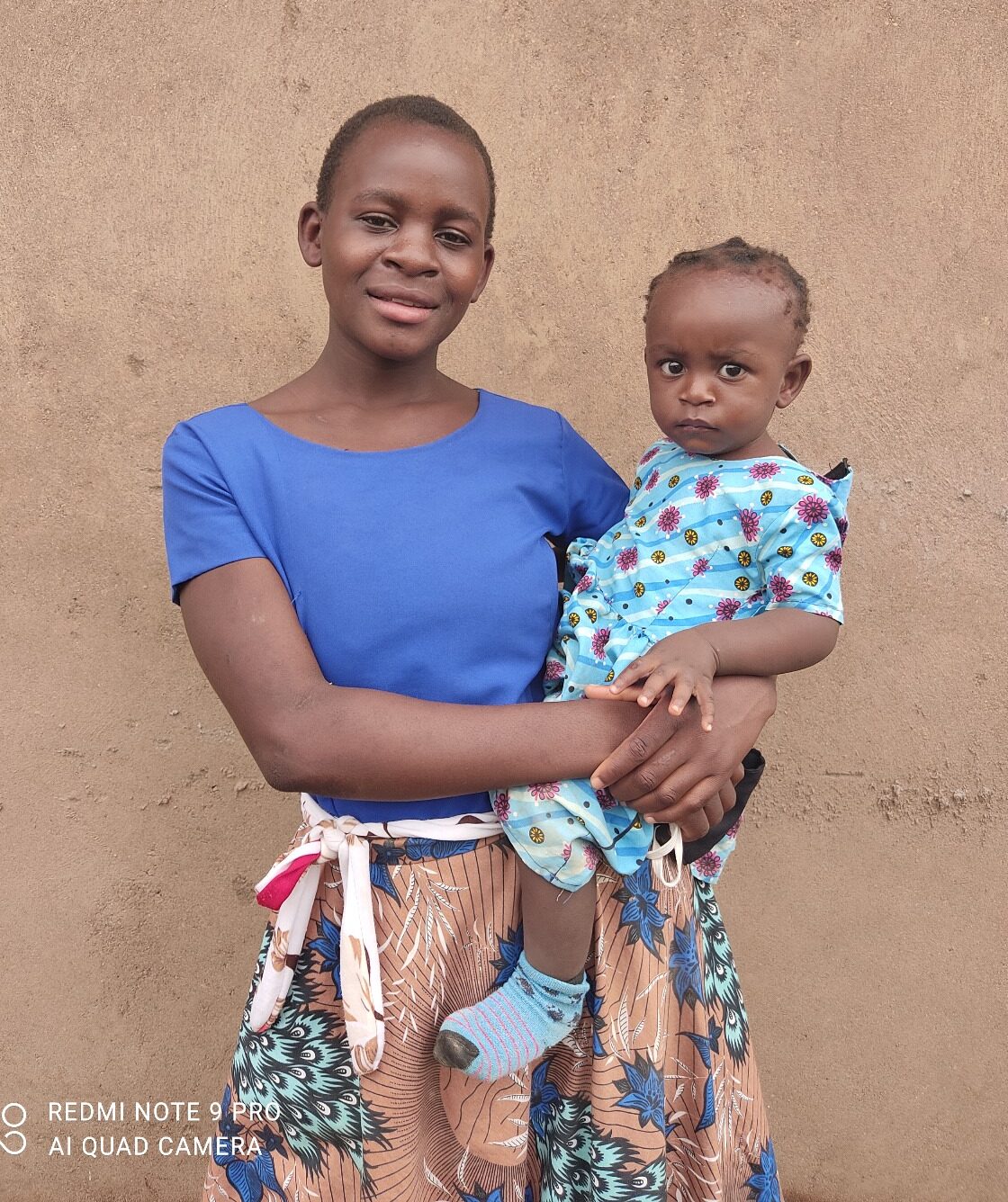
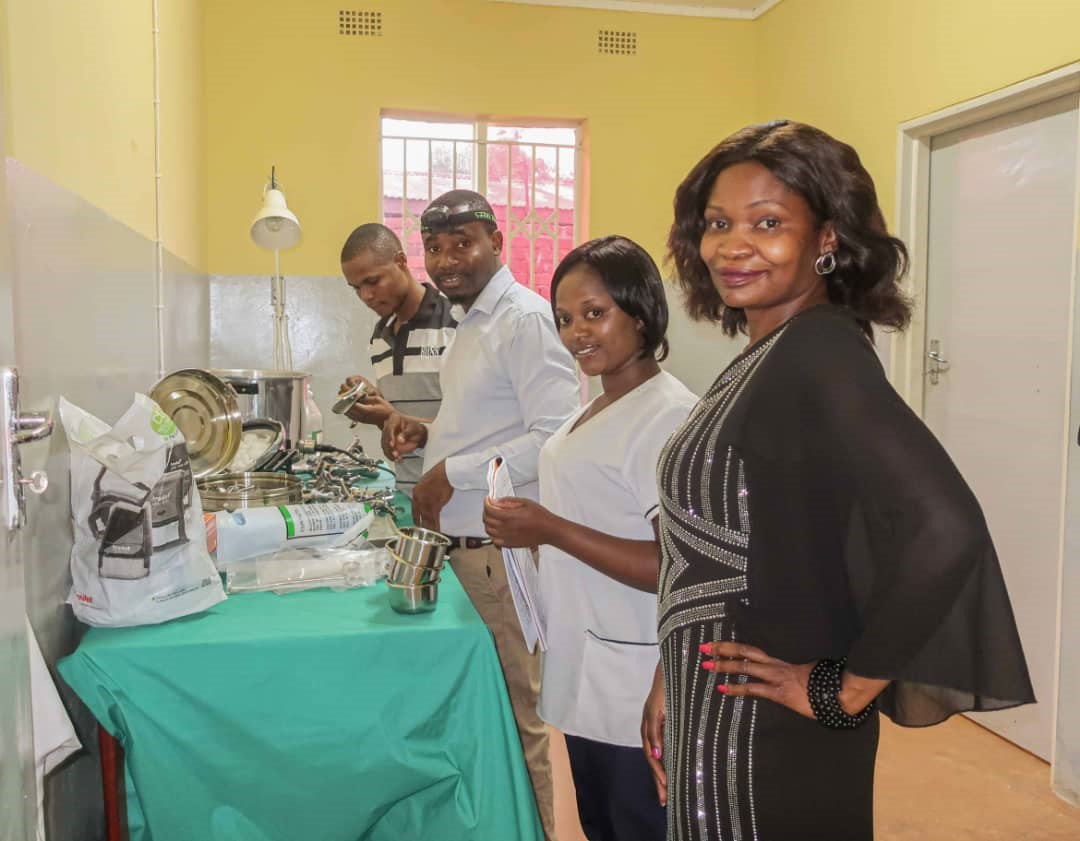
Cervical cancer is a leading cause of death among Malawian women. We offer a safe place for women to receive a cervical cancer screening.
Many young girls are expected to stay home and care for sick relatives, keeping them out of the classroom. We provide palliative care to the elderly and patients battling incurable diseases like cancer and advanced stages of HIV/AIDS.
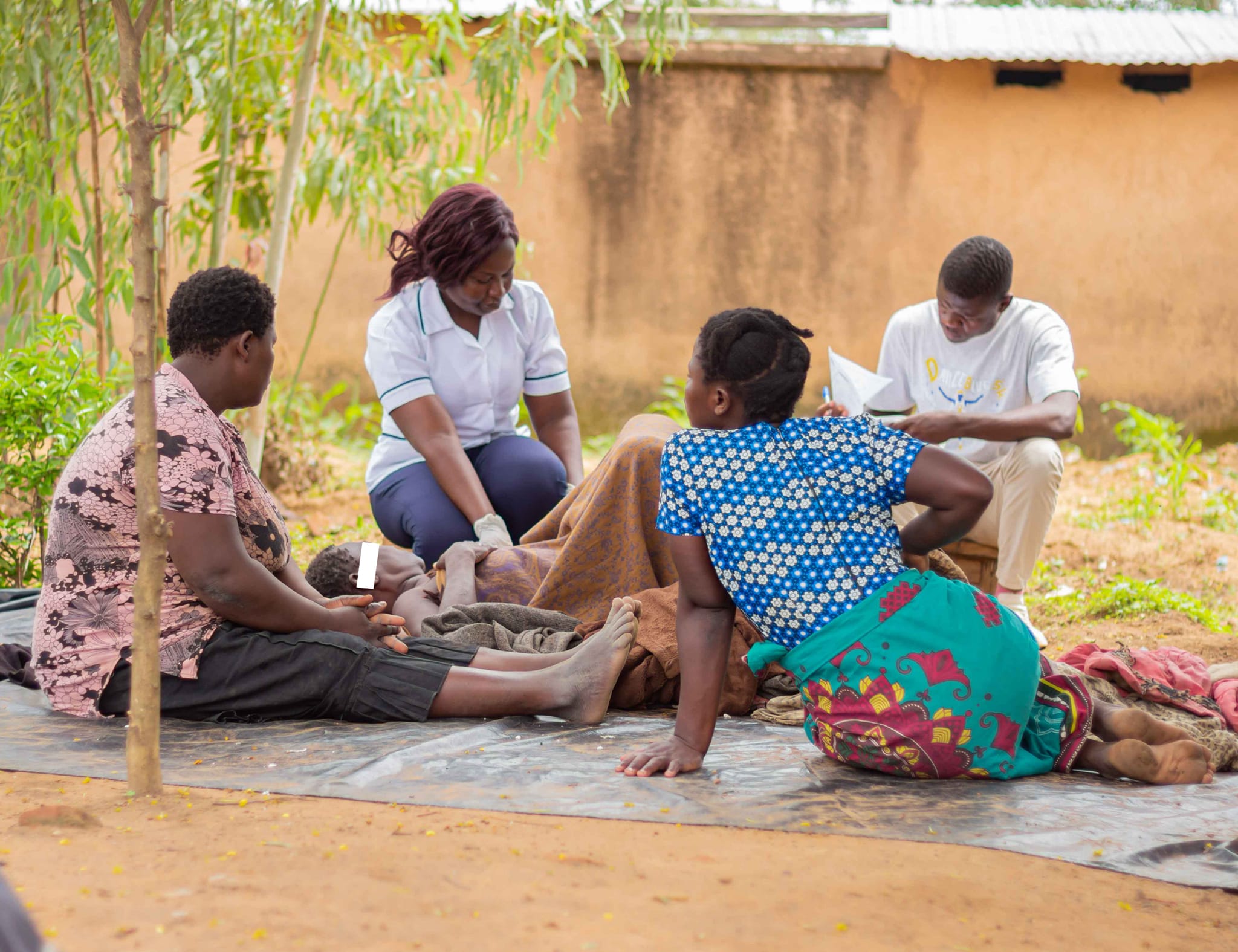
Passing on the kindness is transforming communities in Malawi.
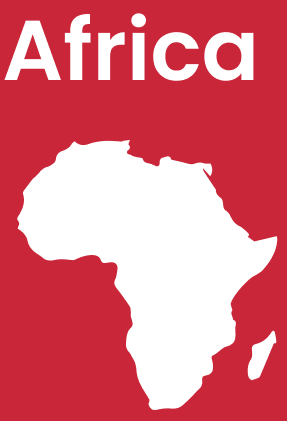
Othakarhaka Foundation Chitakale-Phalombe road near Chambe Secondary school P.O Box 150, Mulanje, Malawi Call: +265881 15 35 13 Email: info@othakarhakafoundation.mw
Stay up to date with Othakarhaka
© 2012-2025 Othakarhaka Foundation. All Rights Reserved.
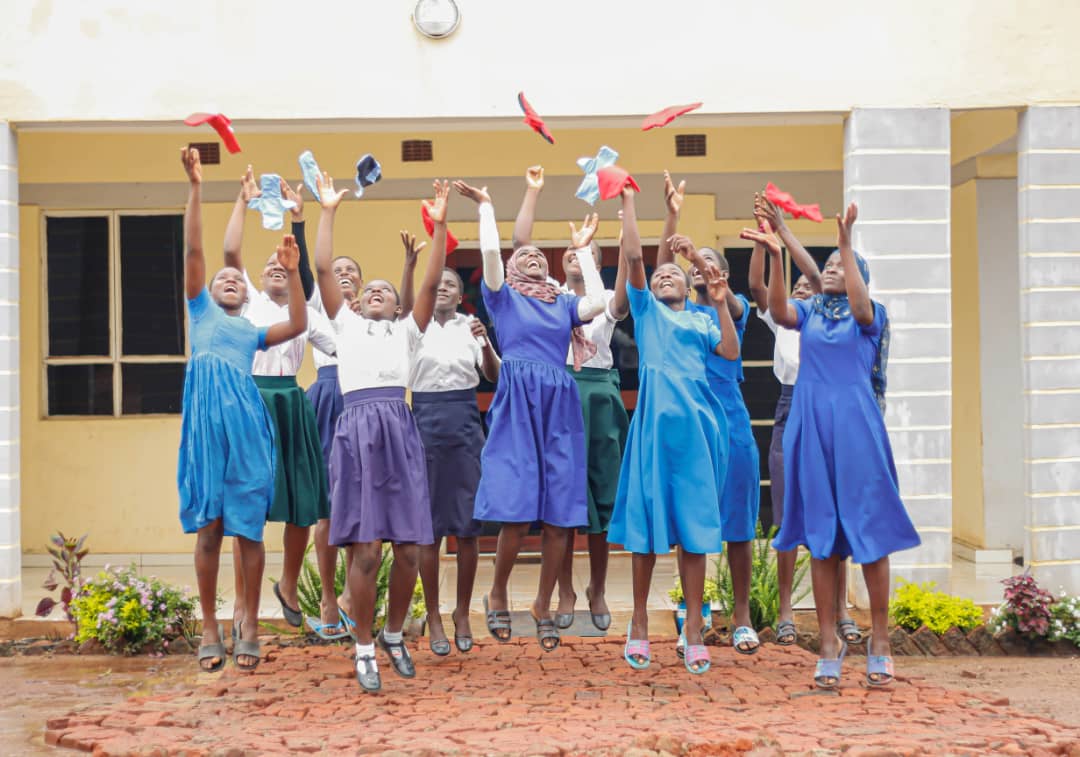

When students are selected from primary school, the ratio of boys to girls is 50:50. However, only a handful of girls will graduate secondary school. A large factor contributing to this dropout rate is teen pregnancy.
Struggling families often force young girls into marriage with the expectation that the husband will care for the girl. Wives are expected to bear many children, increasing the financial burden on the family.
Every month, we partner with village chiefs to gather communities together for educational discussions and training on how to use contraceptives.
